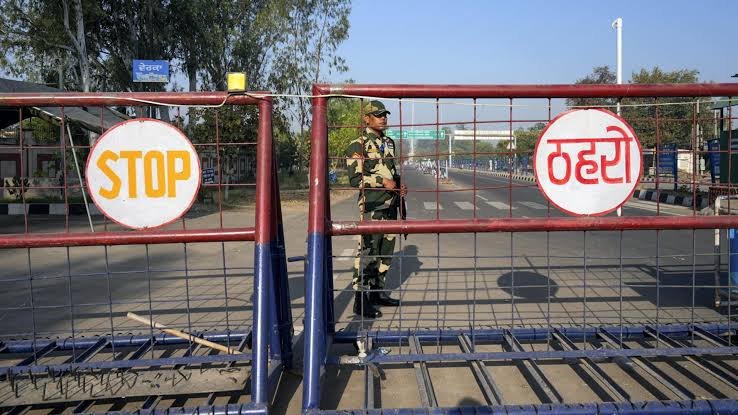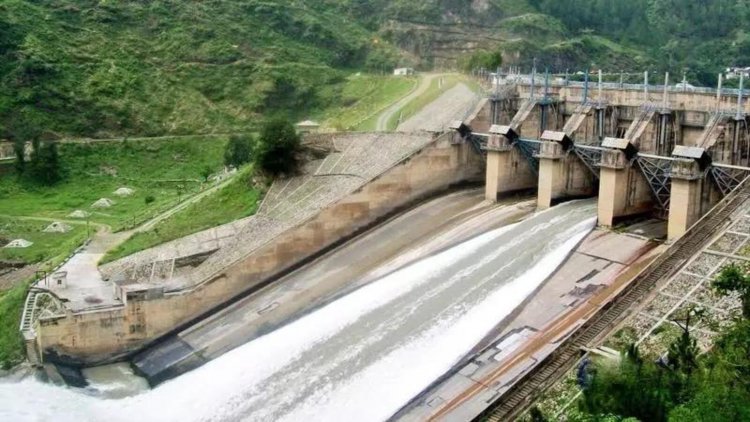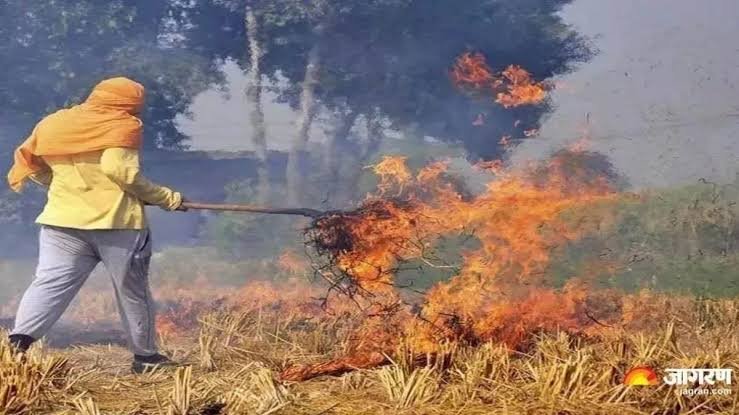
In many villages, people left their homes and took shelter with relatives
*Farmers suffered heavy financial losses, work in the fields came to a halt
Amidst the rising tension on the Indo-Pak border, unrest and desolation are clearly visible in the border villages of Punjab. Especially in districts like Amritsar, Tarn Taran, Ferozepur and Fazilka, people of the villages are living under the shadow of fear. The possibility of firing on the border and the recent terrorist attacks have forced the residents of these villages to send their families to safer places. In many villages, people are leaving their homes and taking shelter with relatives or in cities, due to which silence has descended on the villages. In border areas like Attari and Ajnala, many families have left the villages and moved to Amritsar city or other safer places. Only the elderly or those who are forced to take care of their land and livestock are left in the villages. Ferozepur and Fazilka: The villages of these districts, which are close to the Indo-Pak border, have also seen a large portion of the population temporarily migrating there. Work in the fields has come to a standstill, and many families have abandoned their crops. It is becoming difficult to transport crops to the market, due to which farmers are facing huge losses. Taking care of livestock is also becoming difficult, as fodder and water supply have been affected.
Schools are closed in border villages, and there is silence in local markets. People are afraid to step out of their homes at night due to the possibility of firing.
Punjab Government Arrangements
The Punjab government has taken several steps for security and relief in the border areas. The government has directed to prepare bunkers in the villages. The work of repairing and cleaning old bunkers is going on rapidly in many villages. Temporary relief camps have been set up in some areas, where people can be given shelter if needed. Basic facilities like food, water and medicines are being provided in these camps. Patrolling of security forces has been increased in the villages, and suspicious activities are being monitored. The local administration is educating villagers about the use of bunkers and safe evacuation methods in case of emergency. The government has arranged temporary accommodation in schools, dharamshalas and government buildings in urban and semi-urban areas. These families are being provided with basic living facilities at these places. The government, in collaboration with the health department, has deployed teams of psychological counselors, who are helping the migrants and villagers deal with fear and stress.
Voice of the villagers
“We face the same fear every time. We cannot harvest the crops on time, nor can we send our children to school. The government is providing bunkers, but there is no way to peace in sight,” says Harbans Singh, 60, a farmer from Fazilka. Similarly, Tarn Taran Sarpanch Ramandeep Kaur said, “Most of the people in our village are scared. We are checking the bunkers, but if the firing starts, it will be difficult to avoid damage.”
So the Indo-Pakistan tension in the border villages of Punjab has not only affected the daily lives of the people, but has also had a profound impact on their livelihood and mental health. Despite the government’s efforts, the villagers need permanent peace and security.













